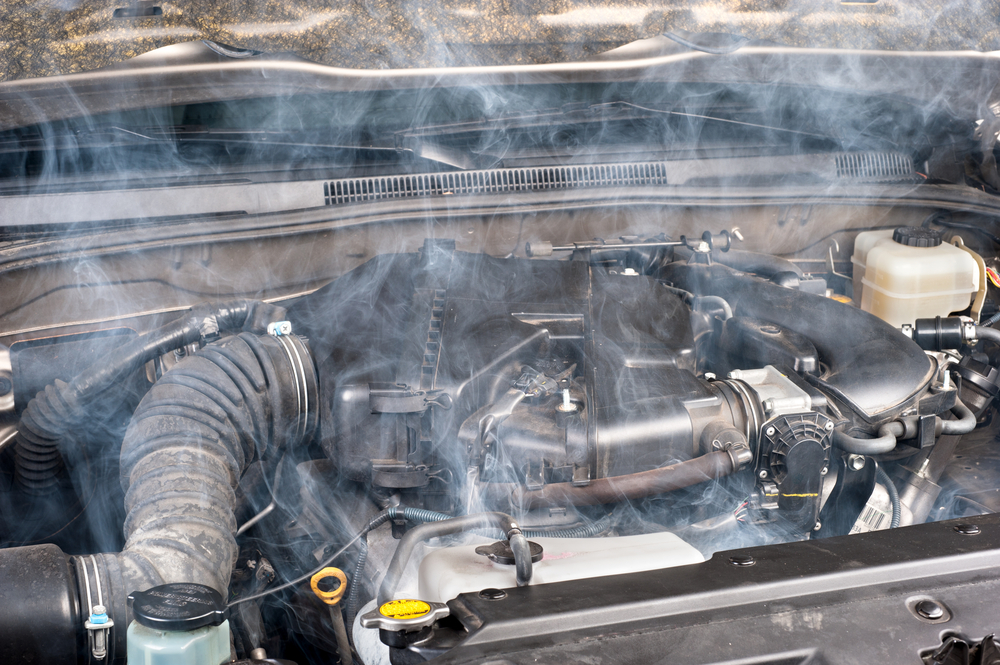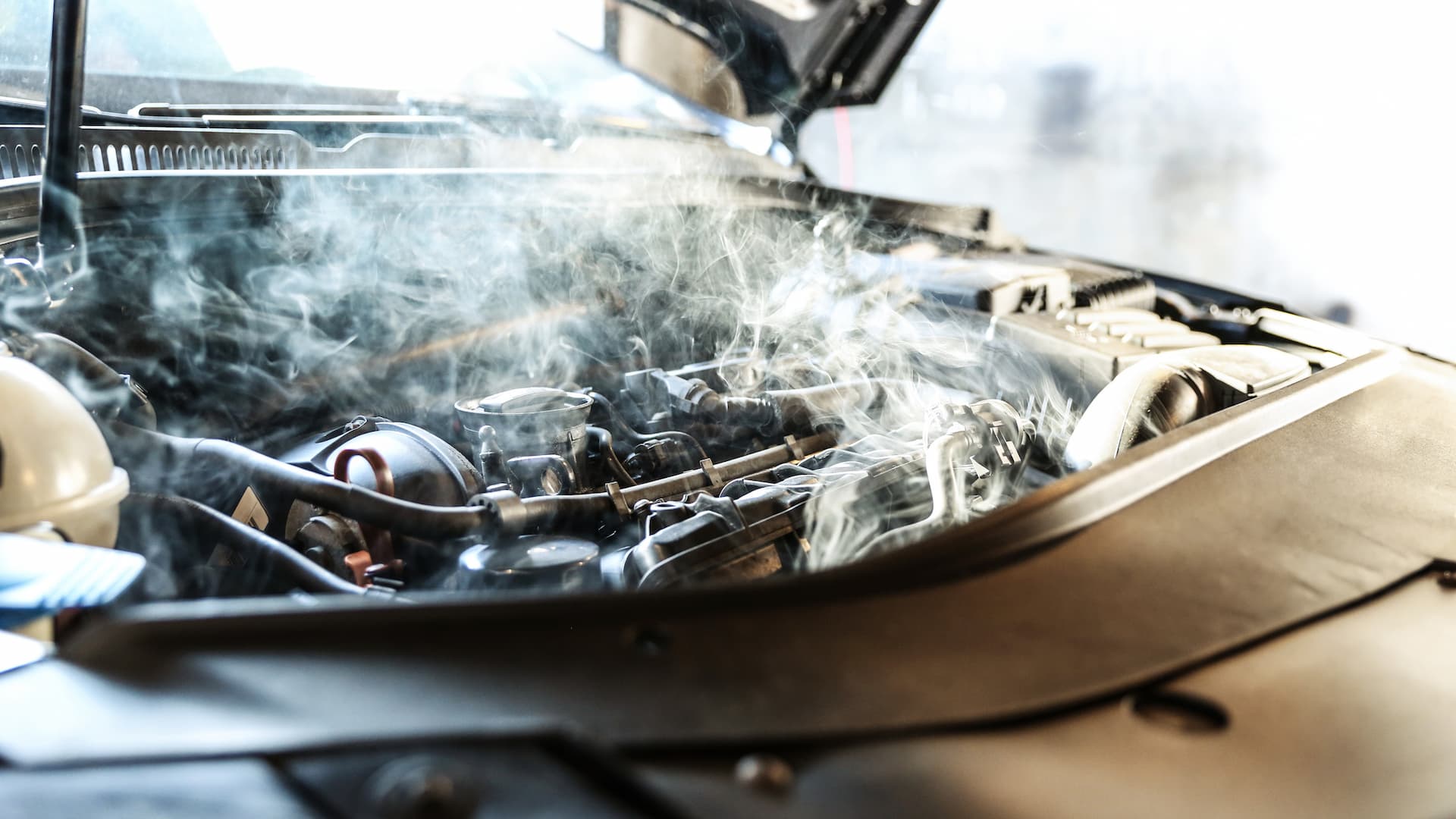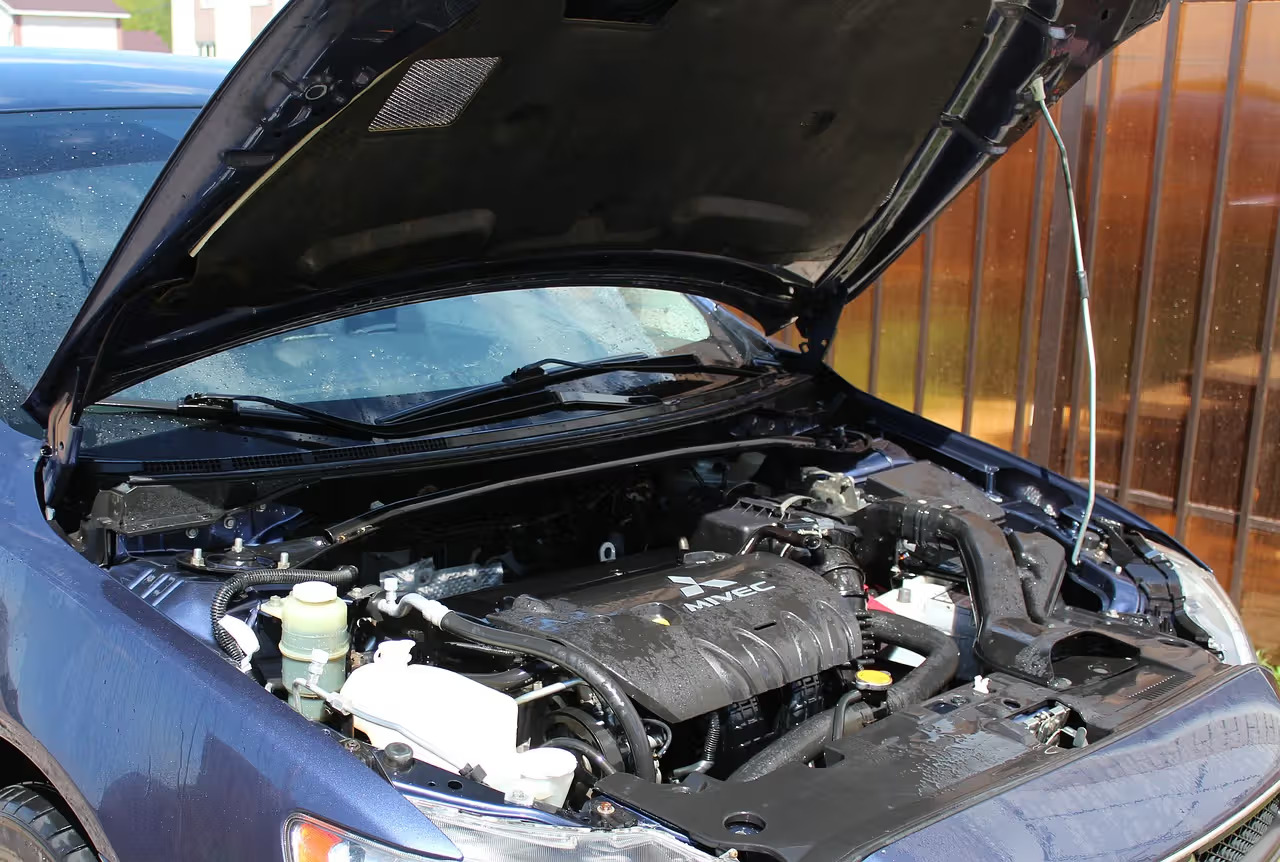Engine overheating is a common issue that car owners often face, and understanding its possible causes is crucial. If you notice your engine running hot, it’s essential to identify the root of the problem. In some cases, an oil change in Longmont, CO, might resolve the issue. However, if overheating persists, there are several possible culprits. A skilled mechanic may be required to pinpoint the exact cause. Below are the most common reasons why car engines overheat.

Why Do Car Engines Overheat?
1. Malfunctioning Thermostat A thermostat controls the flow of coolant through the engine, ensuring it stays at the proper temperature. If the thermostat gets stuck in a closed position, it disrupts the cooling process, leading to overheating. Drivers may hear strange sounds, like rattling or clicking, which can indicate a thermostat problem. Keep an ear out for any odd noises from the engine.
2. Blocked Radiator Hose A blocked radiator hose can prevent coolant from circulating through the engine, causing it to overheat. It’s important to check hoses and belts for clogs or damage regularly. Routine car service in Longmont can help detect and address these issues before they escalate.
3. Insufficient Coolant Low coolant levels are one of the most common causes of engine overheating. Coolant helps maintain the engine’s temperature, and if there’s not enough of it, the engine can overheat and sustain damage. A radiator leak might cause coolant to drain, which can be identified through a visual inspection or pressure testing.
4. Faulty Radiator Fan The radiator fan plays a vital role in cooling the engine by blowing air through the radiator. If the fan is malfunctioning, it won’t be able to regulate the temperature, causing the engine to overheat.
5. Defective Water Pump The water pump circulates coolant throughout the engine. If it’s damaged or dirty, it can stop the flow of coolant, leading to overheating. Keeping the water pump in good condition is essential to prevent this issue.
6. Leaks in the Cooling System Leaks in the cooling system can cause the coolant to drain, leading to an overheated engine. These leaks can often be identified by puddles or spots of coolant on the ground. Coolant is typically green, blue, or orange and has a sweet smell.
7. Low Engine Oil Engine oil reduces friction between moving parts and helps control engine temperature. If the oil level is too low, friction increases, causing the engine to overheat. Regular oil changes in Longmont can help avoid this problem and prevent significant engine damage.

How to Prevent Overheating
To prevent engine overheating and maintain your car’s health, follow these practical tips:
1. Maintain Coolant Systems and Radiators The coolant system is designed to prevent the engine from overheating. It circulates coolant through the engine, while the radiator helps dissipate heat. If either part malfunctions, it can lead to serious temperature problems. A visit to a trusted mechanic for quality auto repair in Longmont can keep these systems in working order.
2. Regular Oil Checks Oil plays an essential role in engine temperature regulation. Low oil levels can cause the engine to heat up due to increased friction. Regularly check your oil levels and top off if needed. Using high-quality oils can further protect the engine and reduce overheating risks.
3. Stick to Regular Maintenance Routine maintenance is vital in ensuring your car’s cooling system functions correctly. Scheduling regular service every few thousand miles helps detect and resolve issues before they turn into overheating problems. Proper maintenance keeps your engine cool and running smoothly.
4. Inspect Belts and Hoses Belts and hoses are essential for the proper circulation of coolant and power. If a belt is worn or loose, or a hose is clogged, it can lead to overheating. Regular inspections and replacing damaged belts or hoses can prevent these issues. Regular belt alignment in Longmont is also important for optimal engine performance.
To keep your car running smoothly and avoid costly repairs, it’s essential to prevent engine overheating. By staying proactive and addressing common issues such as low coolant, damaged fans, and worn-out hoses, you can maintain the engine’s temperature. Regular inspections and professional maintenance will help ensure that your vehicle continues to perform well without overheating problems.

